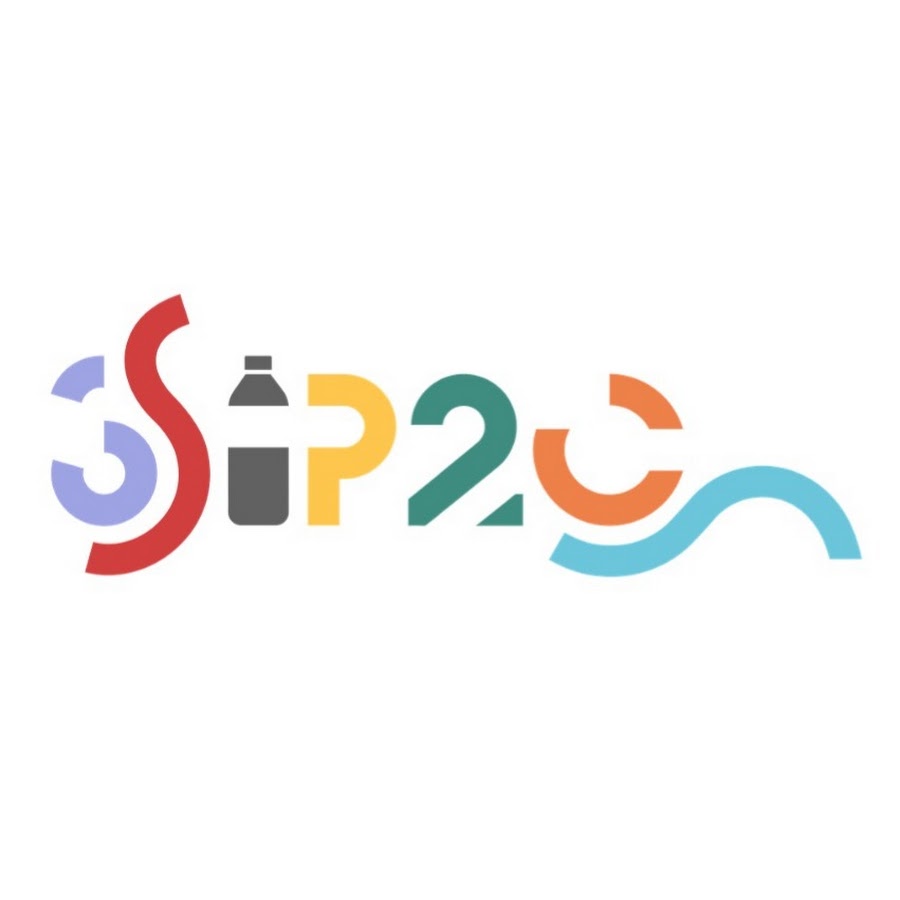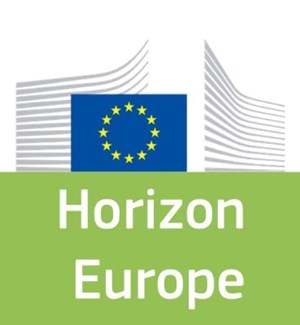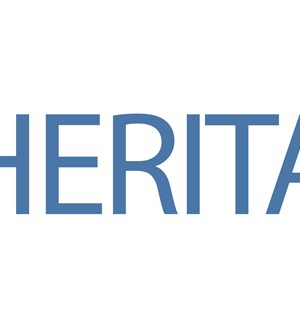- Vietnam Academy of Science & Technology - Vietnam,
- Fisheries and Technical Economic College - Vietnam,
- Institute of Strategy and Policy on Natural Resources and Environment (ISPONRE) - Vietnam,
- Vietnam National University Ho Chi Minh - Vietnam,
- Vietnam Institute of Fisheries Economics And Planning - Vietnam
The 3SIP2C project is focused on quantifying the types and amount of plastic waste entering the coastal margin of Vietnam, and understanding the pathways and destination of that plastic into the wider environment and marine life, and how this plastic impacts upon business activities such as aquaculture, fisheries, tourism and coastal communities. Vietnam's 3260 km coastline stretches across 28 coastal provinces and supports rural livelihoods that are engaged in coastal tourism, fisheries and aquaculture industries that are between them worth more than US$17 billion per year. These industries are themselves contributors to the plastic waste problem, but are also impacted by that waste, such that it represents a risk to civil society and business performance, health and safety. Our project will focus on plastic waste comprised of large (>50 mm), macro- (5 - 50 mm) and micro-plastics (<5 mm). The project is organised into five work packages, with Capacity Building and Engagement acting as the unifying theme throughout our proposed science, policy and governance programme. Our work packages flow from a fundamental understanding of the physical processes that transport plastics into coastal areas using 3 dimensional particle tracking models that account for seasonal changes in transport processes, and that account for the effects of tides, waves and freshwater inundation on these processes. We will couple this with a broadscale sampling strategy designed to gain insight into the characteristics and quantities of those plastics and the contaminants that are transported into the coastal system. This will be linked to a work package focused primarily on understanding the impacts and causes of large plastics on businesses and civil society associated with coastal communities, which will involve engaging citizens in collection of data on the distribution of large plastic through 'fishing for plastic' and the use of App technology. We take a deeper dive into the pathways by which macro and micro-plastics interact with the environment and interact with organisms, particularly those relevant to businesses such as fisheries and aquaculture. We will use experiments to understand how those plastics and their associated contaminants relate to health and disease threats in e.g. coastal aquaculture systems. We will interrogate the existing national and international legislations and policies that address the issue of plastics in supply chains and investigate where shortcomings in the integration of policies leads to shortfalls in their successful implementation. Finally, using a broad suite of techniques such as discourse analysis, focus groups, round-table discussions, gamification and citizen science, we will greatly increase awareness of the issues associated with plastic pollution and the effective solutions that could reduce its occurrence or its impacts on society. This engagement will interface with citizens at local, regional and national levels, and with managers and Government officials in relevant ministries. This proposal is ambitious with a multidisciplinary team from 8 research institutions and 7 partners in Vietnam covering all regions of the coastline, and HWU in the UK. Our engagement, impact and delivery are further strengthened by strategic partnerships with the wider non-academic collaborations through retailers (The Cooperative, UK; Sainsbury's), major seafood importers and processors (Labeyrie Fine Foods - Lyons Seafood) and a Vietnamese business consortium (IDH-Vietnam) and Vietnamese NGOs Centre for Marine Life, Conservation & Community Development (MCD), and global NGOs the Global Ghost Gear Initiative (GGGI) and Global Aquaculture Alliance (GAA). These partners provide the necessary access, expertise and impact translation to realise potential solutions that deliver demonstrable reductions in the causes and consequences of plastic waste in the environment. More details on the funding: https://gtr.ukri.org/projects?ref=NE%2FV006088%2F1#/tabOverview
Want to analyze based on this project via our analysis tool? Analyze this project
Knowledge Gaps
Characteristics of plastic-general
Degradation
Environmental fate and behavior of plastic
Environmental effects and ecotoxicity
Human toxicity
Publications



